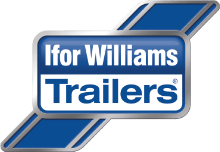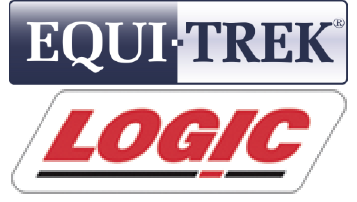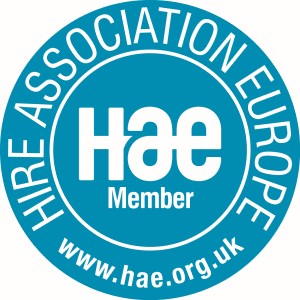Towing and the Law From The .Gov Website
Driving licence rules and what you can do
The rules on what you can tow are different depending on when you passed your driving test.
The Towing Law changed on 16 December 2021If you passed your car driving test from 1 January 1997, you’re now allowed to tow trailers up to 3,500kg MAM.
Towing heavier combinations
If you want to tow heavier combinations, you'll have to first apply for provisional entitlement to the new C1+E entitlement. You'll then have to pass the category C theory test and C1+E practical test.
Once you've done this you can drive vehicles and trailers with a combined weight of up to 12 tonnes MAM.
Car towing weight and width limits
Most cars have a maximum weight of what they can tow. It's usually listed in the handbook or specification sheet.
Alternatively, the vehicle's gross train weight may be listed on the vehicle identification number (VIN) plate on the car. This is normally under the bonnet or inside the driver?s door. The gross train weight is the weight of the fully-loaded car plus fully-loaded trailer and must not be exceeded.
If your VIN plate doesn't list a train weight, you should not use your vehicle for towing.
Width and length
The maximum trailer width for any towing vehicle is 2.55 metres. The maximum length is 7 metres for a trailer towed by a vehicle weighing up to 3.5 tonnes (3,500 kilograms).
The rules are different if you're using a larger vehicle to tow a car e.g. motorhome towing a car
Trailers, Caravans and Towing equipment safety standards
The equipment you use with your trailer or caravan must meet certain safety standards and used correctly. (You can be fined up to £2500, be banned from driving and get 3 penalty points for using a vehicle in a dangerous condition).
Carry out safety checks to make sure you're using the trailer and equipment legally.
Towing bars
If you get a tow bar for your car, it needs to be 'type approved'. This means it meets EU regulations and is designed for your car.
A type-approved tow bar will have a label with an approval number and details of the vehicles it's approved for.
If your car was first used before 1 August 1998, your tow bar doesn't need to be type-approved.
Towing mirrors
You must have an adequate view of the road behind you. If your caravan or trailer is wider than the rear of the towing vehicle, you may need to fit suitable towing mirrors.
If you tow without proper towing mirrors you can be:
- prosecuted by the police
- given 3 points on your licence
- fined up to £1,000
Trailer brakes
Any trailer weighing over 750 kilograms must have a working brake system when it's loaded.
Some smaller trailers also have brakes, although these are optional.
Any brakes on a trailer or caravan must be in good working order.
You must have a breakaway cable on a braked trailer or a secondary coupling on an unbraked trailer in case the trailer becomes detached from your car. (You can be fined up to £2500, be banned from driving and get 3 penalty points for using a vehicle in a dangerous condition).
A-frames and dollies
If you attach an A-frame to a car in order to tow it with a larger vehicle, the car plus the A-frame counts as a trailer.
If you use a dolly to tow a broken-down vehicle, the dolly counts as a trailer.
In both cases, the usual safety regulations for trailers apply.
Number Plates
You must display the same number plate on your trailer as on your towing car.
If you tow more than one trailer at a time, fix the number plate to the trailer at the back.







